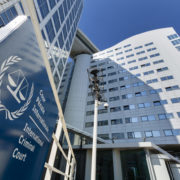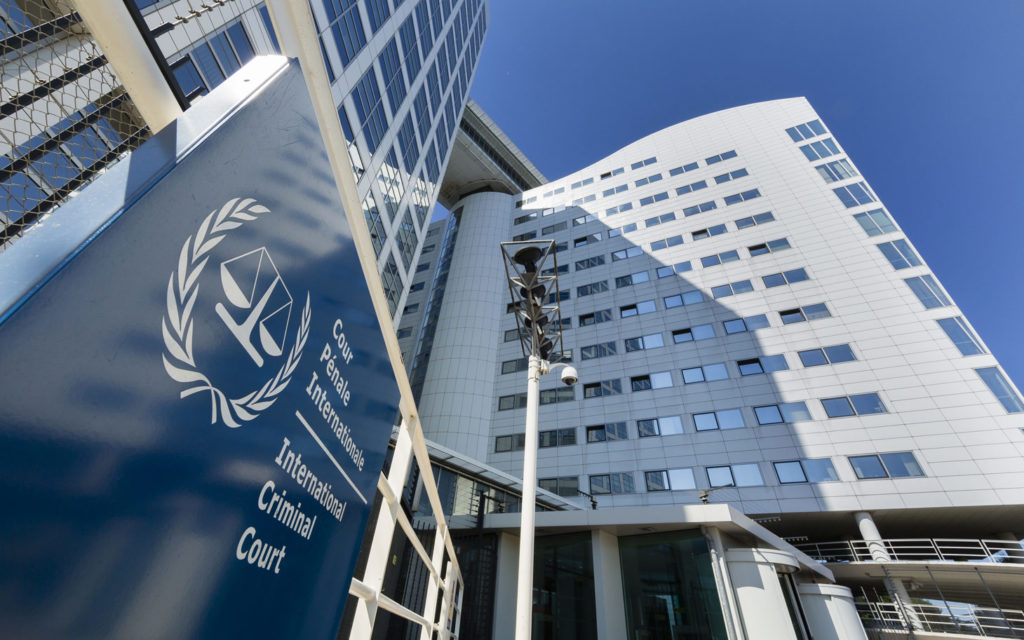Malacañang on Monday, March 18, said International Criminal Court (ICC) officials and prosecutors would be barred from entering the Philippines if the nature of their visit is for conducting a probe into President Rodrigo Duterte’s war on drugs.
“If they say ‘We will be investigating.’ Perhaps they will be denied [entry] by the [Bureau of] Immigration,” said presidential spokesperson Salvador Panelo in a press briefing.“Huwag na. Matulog na lang sila (They should not come here. They should just sleep),” he added.
However, Panelo said ICC representatives can visit the Philippines as tourists and “guests” but once they make moves to start a probe into the administration’s controversial drug war, they may face deportation.
“I’ll smile at them and tell them nicely ‘you can’t do it here. If you persist you will be deported. You will be violating (our sovereignty),” Panelo said.
“You’re interfering with the sovereignty. Because when you try to subject a country to your jurisdiction, then you’re interfering with that country because we have our own courts here. We can prosecute anybody if we feel (they violate or transgress) the law,” he added.
PH never a party to Rome Statute
The country officially withdrew from the ICC on Sunday, March 17, though Malacañang insists that the Philippines was never under the ICC’s jurisdiction in the first place.
“Our position on the matter remains clear, unequivocal and inflexible: The Philippines never became a state party to the Rome Statute which created the ICC,” Panelo said on Sunday.
The Philippines might have ratified the Rome Statute that created the ICC, but according to the administration, the government never published that in a newspaper or the official gazette, as required by law.
The ICC is an intergovernmental organization that investigates cases of genocide, war crimes, crimes against humanity, and crimes of aggression. It was established by the Rome Statute, which was enforced in 2002.
The country decided to withdraw its ratification of the Rome Statute because of what officials described as “outrageous attacks” against Duterte by the UN and the ICC.
Human rights groups and the president’s critics have already expressed concern that the Philippines’ withdrawal from the ICC would worsen human rights abuses in the country.
Panelo, for his part, dismissed them as “conspiracy theories.”
“It is open season of conspiracy theories by the political opposition, the Left and the human rights activists. Suddenly becoming experts in international law and sharing the common advocacy of demonizing the president and his administration on the issue of human rights vis-a-vis the drug war, they make good media copy, which obviously is the intention,” he said.
According to him, the extrajudicial killings were caused by “drug syndicates killing each other either for their own protection or to exact revenge against whistleblowers,” and “turf wars among drug lords and drug pushers.”
“The anti-illegal drug campaign is anchored on national survival as well as accountability of those who bring the nation to the precipice of destruction,” Panelo said.
“There is no culture of impunity under this administration. The country’s criminal justice system continues to be operational and strictly compliant with the constitutional requirement of due process,” he added.






